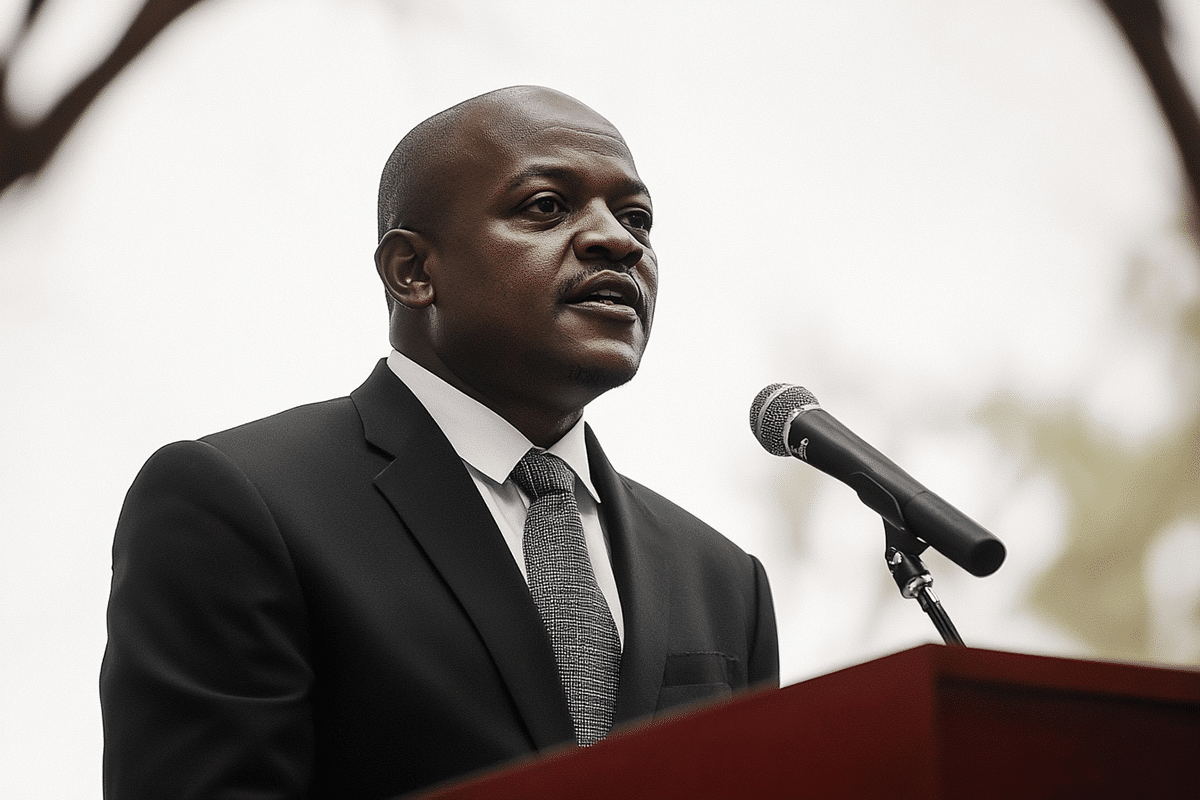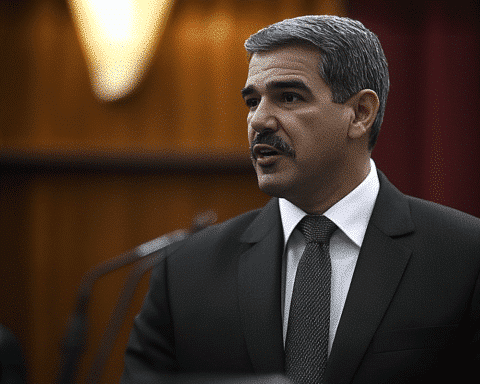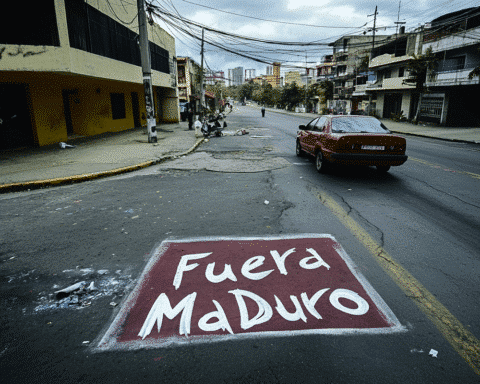In an unprecedented political shift, Botswana’s opposition Umbrella for Democratic Change (UDC) party, led by Duma Boko, has ended the Botswana Democratic Party’s (BDP) nearly six-decade rule. This transition marks the first time since Botswana’s independence from Britain in 1966 that another party will govern the nation. Botswana, long praised for its stability and democratic success, now prepares for a new chapter under Boko’s leadership.
The BDP, once one of Africa’s longest-serving ruling parties, faced a significant defeat. As parliamentary results showed the BDP in fourth place, incumbent President Mokgweetsi Masisi conceded defeat before the final results were even announced, recognizing the overwhelming support for change expressed by voters. Hours later, Chief Justice Terence Rannowane confirmed that the UDC had secured a majority in Parliament, enough to appoint Boko as president. Masisi acknowledged this outcome and committed to a smooth transition of power, signaling a commitment to Botswana’s democratic principles.
Boko, a lawyer educated at Harvard Law School, had run previously in 2014 and 2019, but this victory underscores the public’s desire for new leadership amidst economic hardships. Botswana’s diamond-dependent economy has faced significant challenges due to a global downturn in diamond demand. Known as one of the world’s largest diamond producers, second only to Russia, Botswana has relied heavily on this sector to build one of the region’s strongest economies. Yet, as diamond revenue dropped, unemployment surged to over 27%, with rates particularly high among young people.
The country’s struggling economy and rising unemployment were central issues in the election, with the BDP facing criticism for its failure to diversify Botswana’s economy. Masisi’s administration recently implemented austerity measures as the economy felt the effects of declining diamond sales. According to the World Bank, diamonds comprise more than 80% of Botswana’s exports and contribute about a quarter of its GDP. Since April, Masisi noted that the government’s joint diamond venture, Debswana, co-owned with the mining giant De Beers, had barely managed to make any significant diamond sales. Consequently, economic pressures became a defining factor in the campaign, with the BDP attempting to persuade voters it could navigate these economic difficulties, though these assurances ultimately fell short.
Botswana’s democratic process is unique in Africa; general elections determine the composition of Parliament, and the winning party’s majority allows it to select the nation’s president. With the BDP’s longstanding dominance, this structure has seen all five of Botswana’s post-independence presidents come from the BDP. However, this year, the BDP’s sharp loss marked a departure from that legacy, as the UDC gained enough parliamentary seats to form the new government.
While Masisi expressed disappointment, describing the loss as massive, he remained committed to Botswana’s democratic values by preparing for a peaceful transfer of power. Botswana’s democratic standing is highly regarded across Africa, with the country often seen as a model of political stability and economic success due to its prosperous diamond industry. The leadership shift signals the country’s readiness to embrace new approaches and confront evolving economic and social issues.
This political shift in Botswana mirrors a broader regional trend of change. Earlier this year, neighboring South Africa also experienced a substantial political shift, with the long-ruling African National Congress losing its majority after 30 years, leading to a coalition government. The shared shift across the region suggests a potential wave of change, with electorates increasingly seeking accountability and fresh solutions to longstanding issues.
As Boko and the UDC take charge, the focus now turns to how the new administration will address Botswana’s pressing economic concerns, especially with the country’s dependency on diamonds. Botswana’s electorate has shown a clear demand for diversified economic strategies, aiming to reduce reliance on single-sector revenues. The UDC’s leadership must now navigate the demands of these voters, bringing both promises of innovation and a sustainable path forward.
Botswana’s commitment to a peaceful democratic transition exemplifies its political maturity, positioning the nation for a period of anticipated transformation. This seismic change represents not only a new chapter for the people of Botswana but also a potential example for other African nations navigating similar challenges. As the country adjusts to this new era, international and regional observers will undoubtedly follow how this shift influences Botswana’s economic strategies, its role in the diamond market, and its legacy as one of Africa’s most stable democracies.




